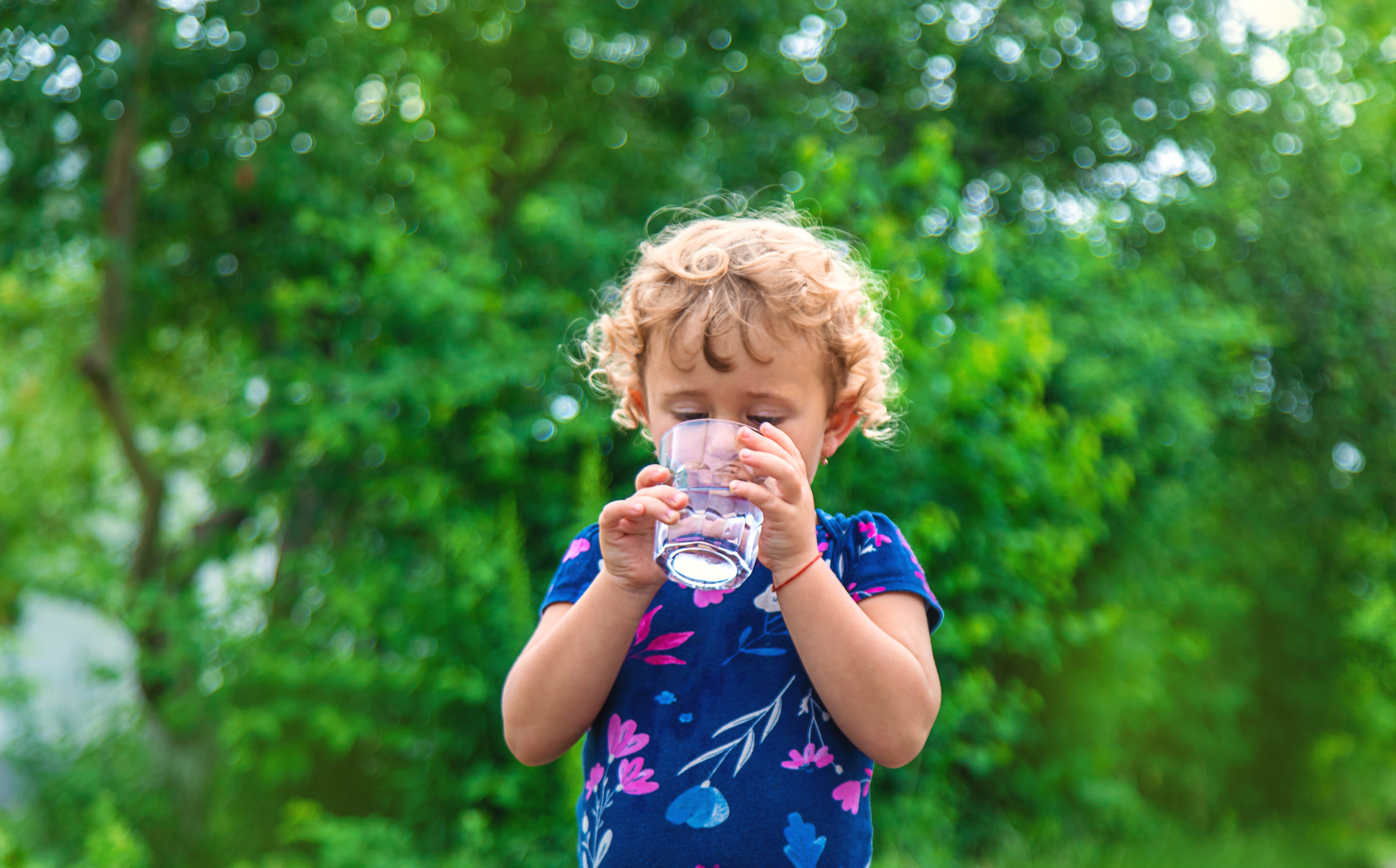 Return to Articles
Return to Articles
7.01.2024
Keeping Young Children Safe from Summer Heat: A Guide for Parents

Summer brings long days filled with sunshine, outdoor play, and family activities. While this season offers many opportunities for fun, it also presents risks, especially for young children who are more susceptible to heat-related illnesses. As temperatures rise, it's crucial for parents to take proactive steps to ensure their children's safety. This article provides detailed guidance on how to protect young children from the dangers of summer heat, no matter where you live in Nevada.
Understanding Heat-Related Illnesses
Young children are particularly vulnerable to heat-related illnesses due to their smaller body size and underdeveloped temperature regulation mechanisms. Common heat-related conditions include:
- Heat Rash: Characterized by red clusters of small blisters that look like pimples on the skin. It often occurs in skin folds or where clothing causes friction.
- Heat Cramps: Involuntary muscle spasms that can occur during heavy exercise in hot environments.
- Heat Exhaustion: Symptoms include heavy sweating, weakness, cold, pale and clammy skin, fast and weak pulse, nausea or vomiting, and fainting.
- Heat Stroke: A severe condition marked by body temperatures above 103°F, hot and dry skin, rapid pulse, confusion, and possible loss of consciousness. Heat stroke is a medical emergency.
Tips to Keep Children Safe
Hydration
Keeping children well-hydrated is essential during the summer months. Here are some strategies:
- Encourage Regular Drinking: Offer water regularly, even if children do not feel thirsty. Young children may not recognize or communicate their need for hydration.
- Hydration Options: Provide a variety of fluids like water, milk, and fruit-infused water. Avoid sugary drinks and sodas which can contribute to dehydration.
- Portable Water: When outside, always carry a water bottle and take frequent water breaks.
Appropriate Clothing
Dressing children appropriately can significantly reduce their risk of overheating:
- Lightweight and Loose-Fitting Clothes: Opt for lightweight, loose-fitting clothing made of breathable fabrics like cotton to allow sweat evaporation.
- Light Colors: Choose light-colored clothes that reflect rather than absorb the sun's rays.
- Hats and Sunglasses: Wide-brimmed hats and UV-protective sunglasses can shield children from direct sunlight.
Sun Protection
Sunburn can exacerbate the effects of heat. Protecting children's skin is vital:
- Sunscreen: Apply a broad-spectrum sunscreen with an SPF of at least 30 to all exposed skin 15-30 minutes before going outside. Reapply every two hours or after swimming or sweating.
- Shade: Create or seek shaded areas during outdoor activities, especially between 10 a.m. and 4 p.m. when the sun’s rays are the strongest.
- Protective Clothing: Consider clothing with built-in sun protection.
Safe Outdoor Play
Ensure that outdoor playtime is safe by following these guidelines:
- Time Management: Limit outdoor activities to cooler parts of the day, such as early morning or late afternoon.
- Breaks and Rest: Schedule frequent breaks in shaded or air-conditioned areas to cool down.
- Avoid Overexertion: Encourage children to take it easy and recognize their limits during hot weather.
Recognizing and Responding to Heat Illness
Parents should be able to recognize the signs of heat-related illnesses and know how to respond:
- Heat Rash: Move the child to a cooler, less humid environment and keep the affected area dry.
- Heat Cramps: Have the child rest in a cool place and drink water or a sports drink. Stretch and gently massage the affected muscles.
- Heat Exhaustion: Move the child to an air-conditioned or shaded area. Lay them down and elevate their legs slightly. Offer water or a cool drink. Cool the child with wet cloths or a cool shower.
- Heat Stroke: Call 911 immediately. While waiting for medical assistance, move the child to a cooler environment, remove excess clothing, and cool the child with water, ice packs, or fans. Do not give the child fluids if they are unconscious.
Car Safety
Never leave children unattended in a car, even for a short time. Cars can heat up rapidly, leading to life-threatening conditions:
- Check the Back Seat: Always check the back seat before locking the car to ensure no child is left behind.
- Car Alarms: Consider using car alarms or reminders to prevent accidental child entrapment.
- Parking in Shade: Park in shaded areas whenever possible and use sunshades to keep the car cooler.
Home Safety
Create a safe and cool home environment:
- Air Conditioning and Fans: Use air conditioning or fans to maintain a cool indoor temperature. If your home lacks air conditioning, spend time in public places like libraries or shopping centers during peak heat hours.
- Curtains and Blinds: Close curtains or blinds during the hottest part of the day to keep indoor spaces cooler.
- Cool Baths: Offer cool baths or water play to help children stay cool and comfortable.
Preventive Measures and Long-Term Strategies
Implementing preventive measures and educating children about heat safety can build long-term healthy habits:
- Education: Teach children about the importance of staying hydrated, recognizing signs of overheating, and taking breaks in the shade.
- Routine: Establish routines for hydration and sunscreen application.
- Community Resources: Utilize community resources such as splash pads, public pools, and local cooling centers.
Summer is a time for fun and adventure, but the heat can pose serious risks to young children. By taking proactive steps to ensure their safety, parents can help their children enjoy a healthy, safe, and enjoyable summer.
Prioritizing hydration, appropriate clothing, sun protection, and recognizing the signs of heat-related illnesses are crucial elements in safeguarding children against the summer heat.
With careful planning and attention, families can make the most of the summer months while keeping their young ones safe and healthy.






